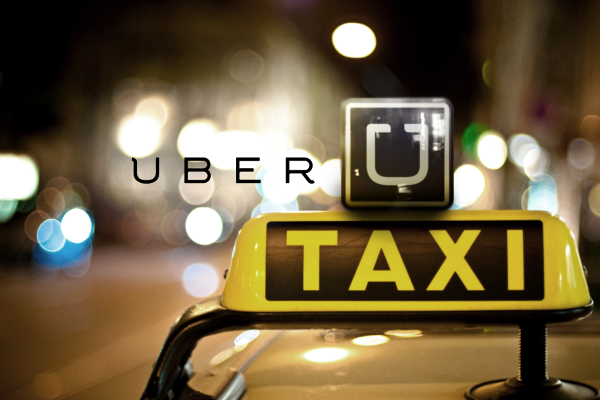August 28, 2015

Uber took hold of the transportation business, and has shaken it to its roots. More than any of its competitors, it has demonstrated a viable alternative to not owning a car while still keeping the same mobility. Any company that has anything to do with intra-city transportation, now has to consider the option from left field, ride-sharing. None more so than taxis, because of this there has been a full blown conflict, pitting the established system (Taxis) versus app based ride-share programs (Uber, Lyft, SideCar etc). The most well known name for ride-sharing was not actually the first to enter the market, the first was actually SideCar. Which, started with a simple premise, you put your location and destination into the app, and a driver donating his/or car (but not his time (she is compensated for that)) to the cause, will pick you up and take you where you need to go. Uber made the task a step easier, the app tracks your location so the driver can find you, then you tell it where to go (similar to a traditional taxi). This marginal convenience, helped further establish (and distance) itself from its traditional taxi roots, as UberBLACK. However, the extra step required for SideCar’s business model (putting your destination into the app) helped expedite expansion into other markets. SideCar drivers can make deliveries while driving multiple passengers (on-demand carpooling) to various locations, because the added destination allows them to plan ahead and maximize package (and people) deliveries while minimizing time and gas spent. SideCar drivers in a busy city can do the job of a Fedex and bus driver simultaneously on a smaller scale. Uber can technically do both as well, but not concurrently the way SideCar does. The aforementioned feats are merely bullets in the war of Uber versus SideCar; Taxis, on the other hand, are incapable of any of that, they are shackled to their swords due to the regulated industry’s red tape. Taxis are far more regulated than their start-up ridesharing opponents, which is the protest their drivers make most vocally. Taxi cars themselves are rented out by the company, not owned by the driver. Therefore, beyond paying for the lease, the drivers have to keep up with monthly inspections on rented cars which are not free for them. Not only do Taxi Drivers need to pay more to maintain their car, they also need to do more to keep their jobs. Uber driving; even full time; is treated like a part time gig. Fill out a few forms, get hired, then make your own hours. The process is so casual, Houston recently issued the company an ultimatum. After an alleged assault of a sexual nature perpetrated by an Uber driver, Mayor Annise Parker said either there will be major reform in the vetting process, or Uber will be outlawed in Houston. In response to the market being engulfed by unregulated competition, Taxis are reforming their ways. Most notably they are introducing their own apps to add convenience. However, thus far it is still unclear if the app alone will help in the taxis versus Uber skirmish.
Tags: ride sharing , scandal , SideCar , Taxi , Uber
Hello {{User.FirstName}} {{User.LastName}}.
You are logged in with email {{User.Email}}.